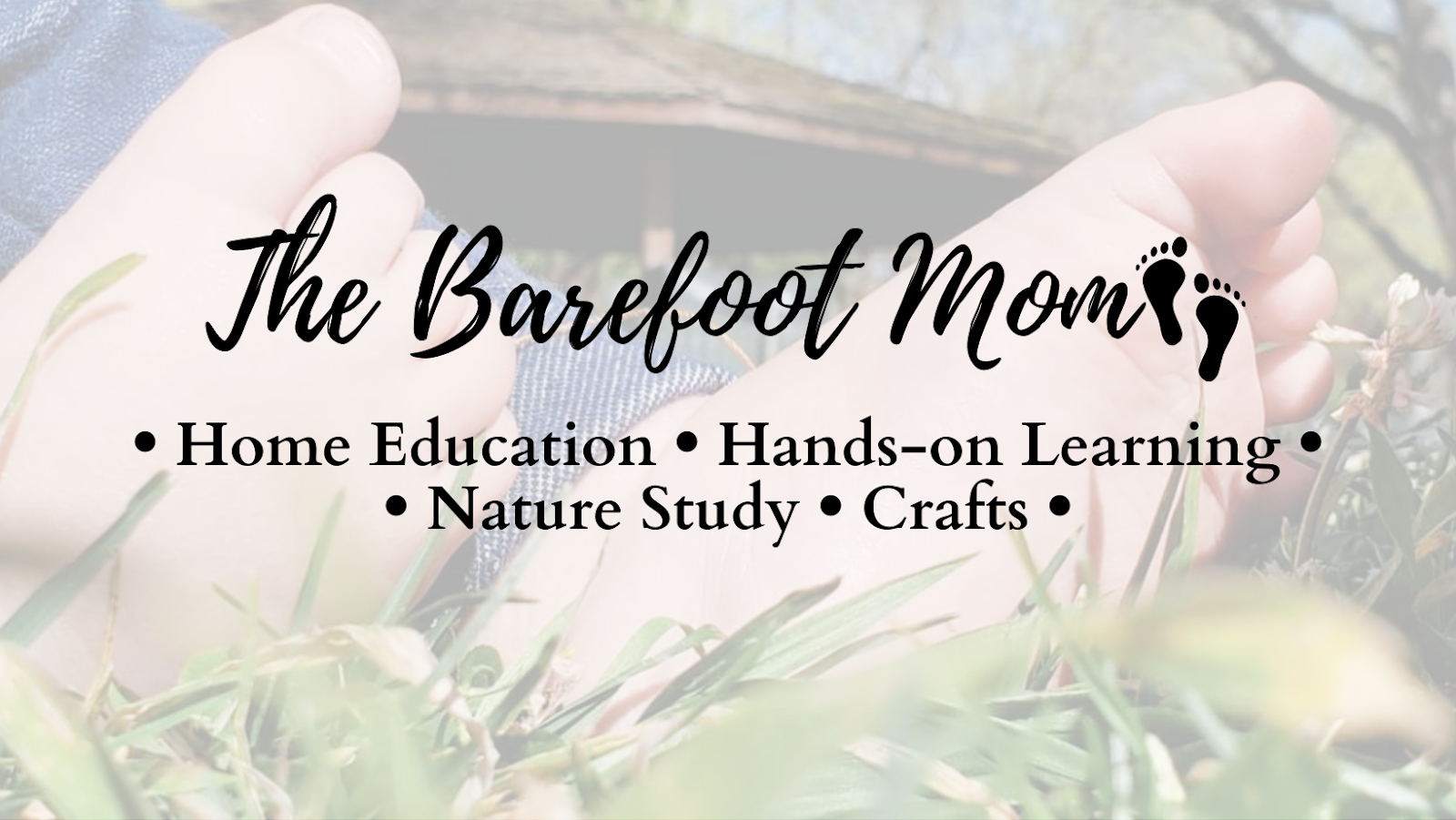The Cenozoic Era began around 66 million years ago and continues to the present. It is broken into 3 periods- the Paleogene the Neogene, and the Quaternary. The early part of the Quaternary Period, known as the Pleistocene Epoch, was our most recent ice age. If you haven't already, be sure to check out the other posts in my Learning About Geologic History Series: Learning About Fossils Learning About Geologic History- The Paleozoic Era Learning About the Mesozoic Era- The Age of the Dinosaurs Periods of the Cenozoic Era The Paleogene The Paleogene Period is the earliest period of the Cenozoic Era. It lasted from about 66 million years ago to around 23 million years ago. The Paleogene is most notable as the period when mammals diversified. By the end of the Paleogene most of the major groups of mammals that we know today were present. Animals of the Paleogene Period include: t error birds (huge flightless birds), early horses, early rhinoceros and elephants. Learn more about the P
